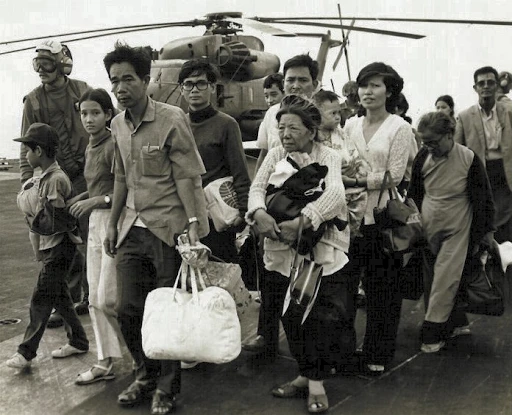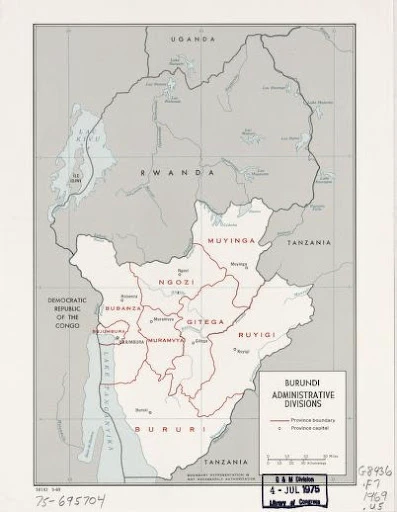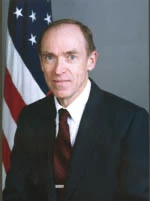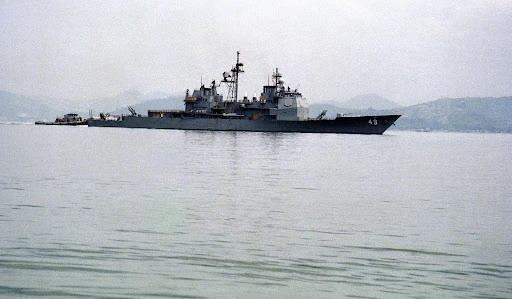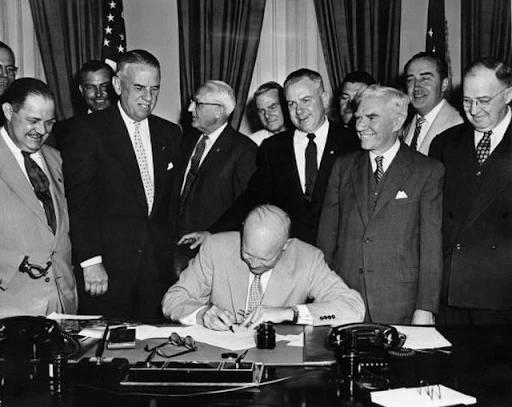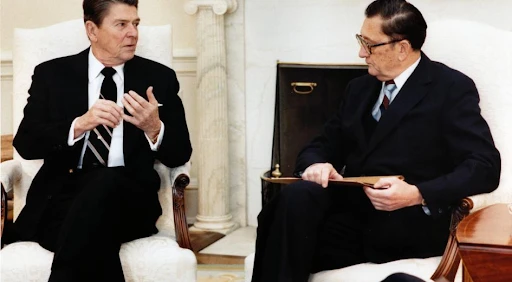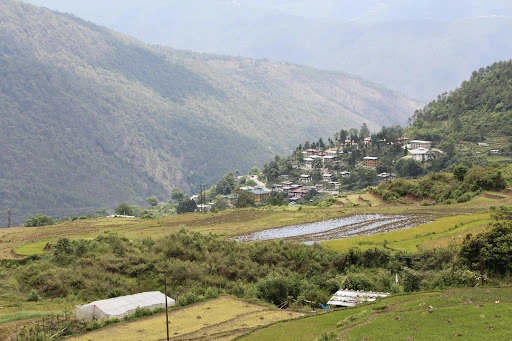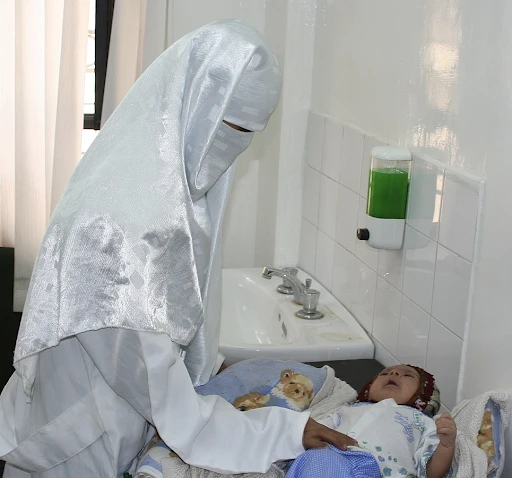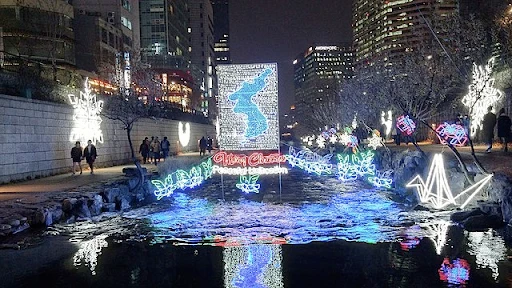It was the end of a long, hard road. Although the Vietnam War had finally officially concluded, the Fall of…
Afghanistan Project – Ronald Neumann
Ambassador Ronald Neumann Oral Histories of U.S. Diplomacy in Afghanistan, 2001–2021 Interviewed by: Joe Relk Initial interview date: October 28,…

